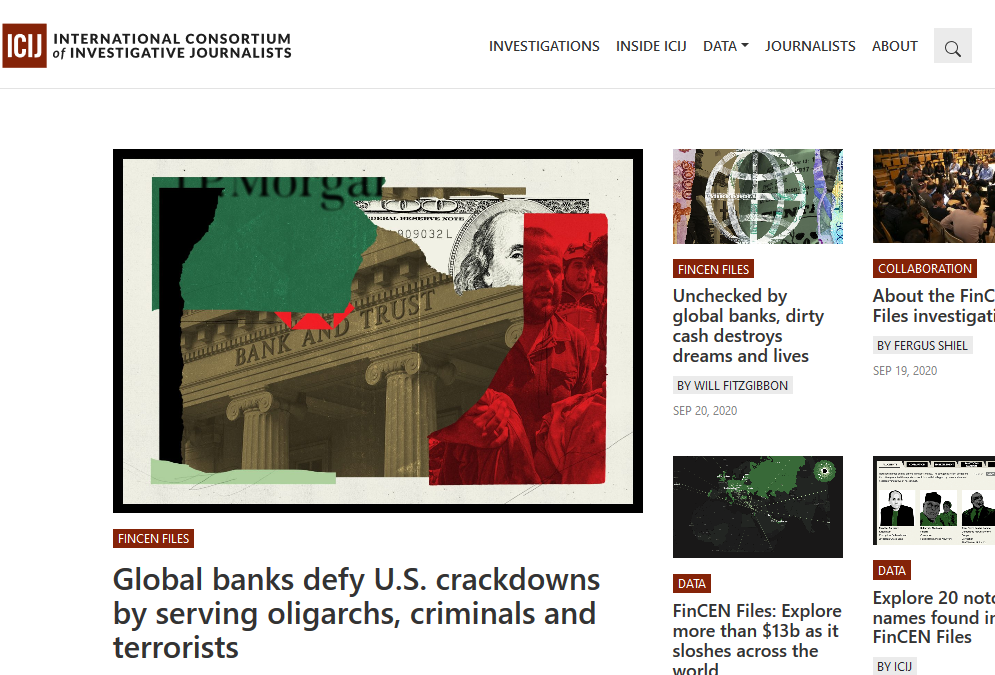With the publication of the latest set of leaked papers revealing global money laundering on a grand scale, known as the FinCEN Files, Professor Robert Barrington of the Centre for the Study of Corruption looks at some of the implications for the UK.

Like so many of the global money laundering scandals, the UK plays a disproportionately prominent role in the FinCEN Files. There are apparently more UK-registered companies in the Files than those from any other jurisdiction. We do not learn much that is new about the UK, but this is a timely reminder that the UK still has a big problem to fix.
The Files highlight some awkward issues for the UK: whether the political will really exists to prevent the UK being a safe haven for dirty money; the risks when that money enters British politics; the complicity of the UK’s Overseas Territories and Crown Dependencies; the involvement of an army of lawyers, accountants and other professionals who are cogs in the system; and the central role of British banks, to whom the government has contracted out much of the nation’s anti-money laundering defences.
This ‘privatisation’ of the UK’s AML defences is particularly troubling. The FinCEN Files suggest that banks too often turn a blind eye to money laundering, presumably because the institutions as a matter of culture, or a sufficient number of individuals within the banks, believe the financial gains outweigh the risks of being caught. Giving those banks a central role in the nation’s anti-money laundering defences thus places a huge conflict of interest at the core of the system. It might not matter if we could be confident everyone is on the same side: but leaks like the FinCEN Files reveal that is not always the case.
There is a reasonable argument in favour of a ‘partnership’ that exchanges information, but this has recently been extended into formalising the banks’ role in helping to set the national economic crime strategy. The Economic Crime Strategic Board contains government Ministers, law enforcement officials, banks – and no independent participants, let alone civil society. It is poor governance and undermines public confidence in the system, as well as potentially having the Economic Crime Strategy directed by those who are themselves implicated in serious economic crimes.
What should be done? The government’s own Economic Crime Plan and Anti-Corruption Strategy lay out the threats of money laundering, and the benefits to the UK of tackling money laundering. They contain many good ideas, as do other government announcements since the Anti-Corruption Summit of 2016. But in several key areas there has been slow implementation and weak enforcement.
This latest scandal is brought into sharp relief by Brexit and the UK’s need to work out what it stands for: willing to attract suspicious money as part of its economic planning, or operating to high standards backed up by adequate regulation and enforcement. The UK will very soon no longer be bound by the EU’s rules, and has some major decisions to make about its new direction.


Leave a Reply